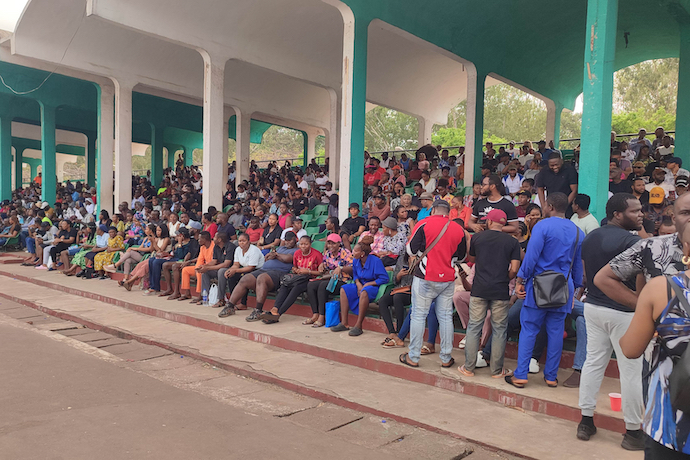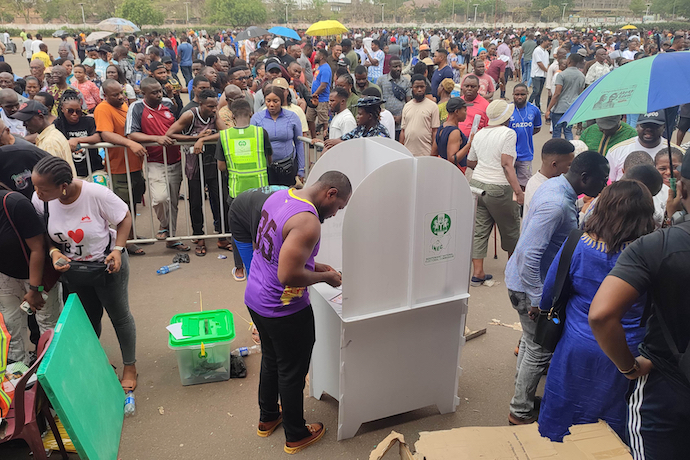The Platform
Nigerian Voters, Especially Young Voters, are not Happy.
03.09.2023
Arinze Chijioke is a Nigerian-based freelance journalist covering climate change and environment, business and SMSs, health, anti-corruption, social justice, gender-based violence and human rights. His stories have appeared on Aljazeera, Global Investigative Journalism Network, International Journalists Network, International Policy Digest and International Centre for Investigative Reporting among other outlets. He has won multiple awards and nominations, including the maiden edition of the Cleft Awareness Media Award 2021 and the 1st Runner-Up in the 2020 PWC Media Excellence Awards for SMEs reporting. He was one among 21 finalists out of 711 for the 2021 West Africa Media Excellence Awards (WAMECA).

